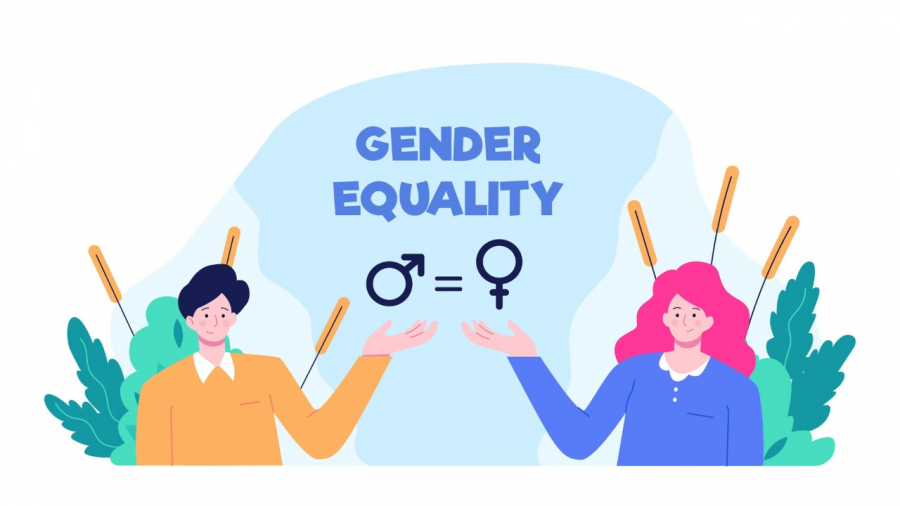This blog is written mostly with the intent to fathom general opinion on:
(1) The reasons that may be responsible for the rising number of sexual harassment complaints in India. Is it that the number of complaints have increased over the last few years because women have started getting sexually harassed more often? Or is it that after passing of the law in this regard, women have become more aware of their rights? Or is it that the role of the media and NGOs in creating awareness and encouraging women to stop tolerating such behaviour has caused many of them to actually take steps to end such behaviour? And I sometimes wonder whether it is because courts, more now than in the 1980s, have been able to promote that feeling of trust among women that their complaints would be taken seriously and would not be dismissed merely on grounds such as character?
(2) Where exactly should a line be drawn when a male and a female colleague are talking to each other?
In many situations we have seen the ‘victim blaming culture’, where a man alleged to have sexually harassed his colleague, uses as defence statements such as, ‘she was overly friendly with me,’ or ‘she was very flirtatious,’ or ‘She wore provoking clothes, she used to drink with me, she asked for it’. In many other situations we have seen that a woman refrains from filing a complaint because she has the fear of not remaining in the good books of her boss or being branded as ‘un-friendly,’ or ‘unapproachable’ or has the fear of being gossiped about or worse, of losing her job or having other detrimental effect on her career and reputation, as a result of which she brushes aside ‘friendly’ or ‘’flirtatious’ remarks from her colleague considering it as ‘harmless’. The questions that arise are do these friendly gestures turn into grave incidents of sexual harassment? Even if a man claims to have found a woman ‘overly friendly’ where should he draw the line? Should a woman really care about being branded or file a complaint at the very first instance that a certain behaviour is unwelcome? Should a woman wait for a grave incident of sexual harassment to complain, is a lewd remark not good enough? Does a woman remain silent assuming that friendly gestures would lead to growth in her career or make her popular? Is it not the responsibility of both, man and woman, to draw a line somewhere or is it that a man can always say that the woman ‘asked for it’ and the woman say that she feared being ‘branded’?
(3) Are these problems unique to India?
Other questions that arise from the above are, is there a problem with the basic definition of ‘equality’ in our society and is this problem persistent right through the childhood of an individual? Are men and women in our country brought up in an environment, at a young age, where they are unable to interact with each other as merely fellow ‘humans’ and nothing else, leading to difficulty in interacting with each other as fellow humans even as a grown up? Is it that they are taught that there are some kinds of work that only men can do and some work (like cooking and cleaning) that only women should do? Is it that men feel threatened when women try to seize those roles at work which men are traditionally known to hold and sexual harassment becomes a consequence of abrogating such threat? Is it that the root cause of sexual harassment of women is, therefore, mere projection of power and a way to show ‘women’ their place?
The answers to these questions are of course not in the black or white. But these questions do leave us to think. And for now, as employers, as employees, as a colleague, as an internal complaints committee member – think is what we all really need to do.
 Cart is empty
Cart is empty




Though this is thought provoking, the provocation is not concluded with the author’s view point or a general guidance